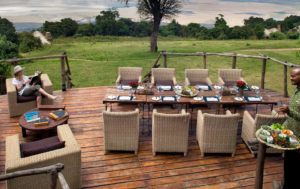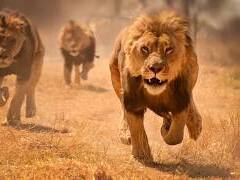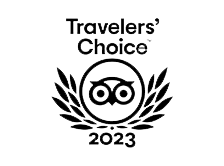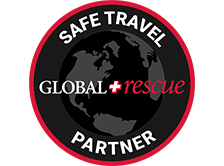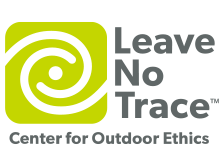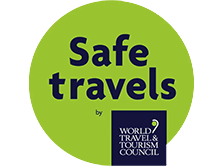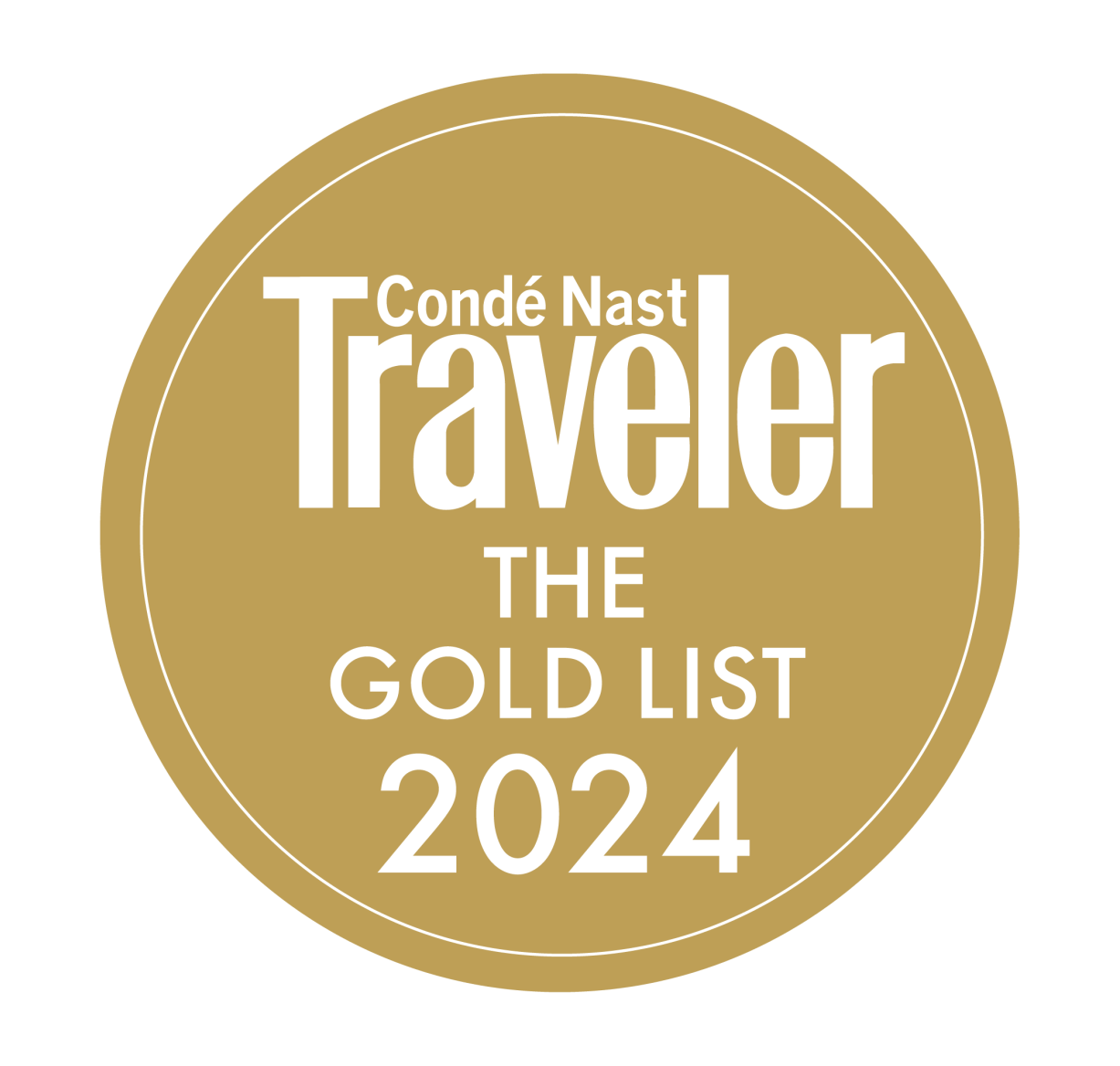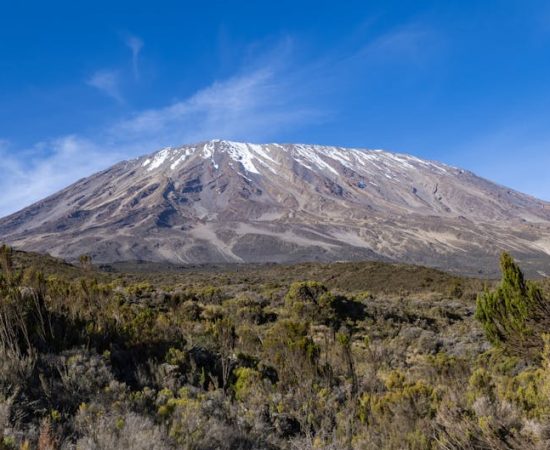Kilimanjaro Ams
Kilimanjaro Ams
Acute Mountain Sickness (AMS) is a common condition caused by the lack of oxygen at high altitudes and can be dangerous if left untreated. To ensure a safe and successful Climb of Kilimanjaro, It’s essential to take preventative measures to avoid AMS to ensure a safe and successful Mount Kilimanjaro Climbing.
Quick Navigation Links
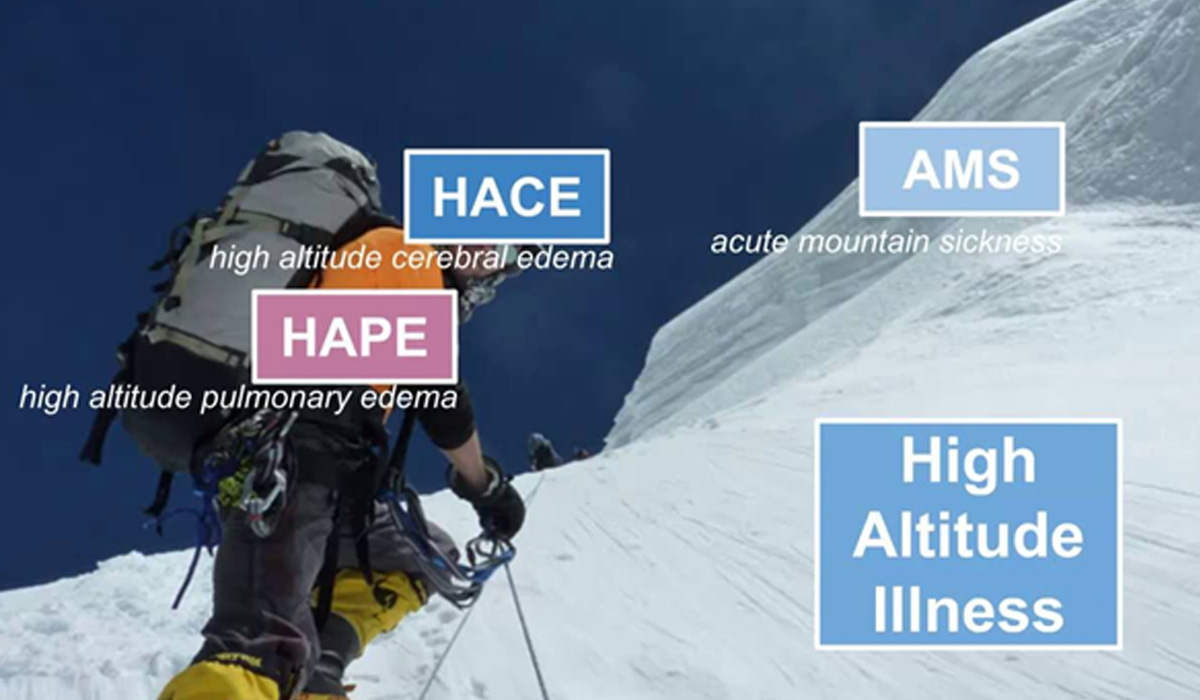
What is Acute Mountain Sickness?
Acute Mountain Sickness (AMS) is a common condition that can occur when a person ascends to high altitudes too quickly without allowing the body to properly acclimatize. It is caused by reduced air pressure and lower oxygen levels at high altitudes, which can lead to a range of symptoms such as headache, nausea, dizziness, fatigue, and difficulty sleeping.
In severe cases, Acute Mountain Sickness can progress to more serious conditions such as High Altitude Pulmonary Edema (HAPE) or High Altitude Cerebral Edema (HACE), which require immediate medical attention. AMS can also affect anyone, regardless of age, fitness level, or previous high-altitude experience.
Causes Of Acute Mountain Sickness
AMS Kilimanjaro challenges arise due to the body not adjusting quickly enough to the decreased oxygen levels at higher elevations.
As you ascend, oxygen becomes scarce. Our natural reaction is to breathe more rapidly and deeply. The body even produces more red blood cells to distribute the limited oxygen efficiently. This adjustment to new heights is called acclimatization and usually takes one to three days at a specific elevation.
Four primary triggers for Altitude Sickness AMS On Kilimanjaro are:
- Being at a high elevation.
- Climbing too rapidly.
- Exerting yourself too much.
- Not drinking enough water.
The primary reason for Acute Mountain Sickness On Kilimanjaro is the combination of reaching high altitudes too swiftly. Therefore, if you’re looking into Mount Kilimanjaro Packages, consider those that allow for gradual ascent, helping in how to avoid AMS on Kilimanjaro.
What Are The General Symptoms of AMS?
These are the symptoms of mild Acute Mountain Sickness:
- Headache
- Nausea and Vertigo
- Reduced appetite
- Fatigue
- Breathing Difficulty
- Sleep Disturbances
- Overall Unwell Feeling
The severity of the symptoms is often worse at night and when the respiratory drive is low. Mild AMS does not hinder regular activity, and symptoms typically disappear as the body gets used to the new environment.
Ascent can continue at a moderate rate as long as symptoms are manageable and merely bothersome.

The Symptoms above Increase with Severe AMS
- Breathing Difficulty when at rest
- Being unable to walk
- Declining mental health
- Lungs’ ability to retain fluid
Strategy To Tackle Severe AMS – A rapid descent of roughly 2,000 ft (600 meters) to a lower altitude is necessary for severe AMS.
Moreover, two serious conditions are associated with severe Kilimanjaro Altitude Sickness High Altitude Cerebral Edema (HACE) and High Altitude Pulmonary Edema (HAPE).
Though infrequent, they are mainly seen in climbers who have not adequately acclimated. However, when they do happen, it usually occurs when a person gets too high too quickly or gets very high and stays there. Lack of oxygen causes fluid to flow through capillary walls into the lungs or the brain.
Note: You must inform your hiking companions immediately if you experience these symptoms.
Things to consider to avoid AMS on Kilimanjaro
Importance of Proper Acclimatization
Proper acclimatization is crucial when Climbing Mount Kilimanjaro to prevent Acute Mountain Sickness (AMS) and ensure a safe and successful climb.- Acclimatization involves allowing your body to adjust gradually to the reduced air pressure and lower oxygen levels at high altitudes. This process can take several days and involves staying at different elevations for a certain period to allow the body to adapt.
- It is important to choose a Kilimanjaro Route that offers enough time for proper acclimatization, such as the Lemosho or Machame routes, which take 7-8 days to complete.
- Climbing too quickly or choosing a shorter route can increase the risk of Acute Mountain Sickness on Kilimanjaro and other altitude-related illnesses.
- During the Kilimanjaro Climb, it is important to stay hydrated and well-nourished, as dehydration and malnutrition can also increase the risk of AMS.
- It is recommended to drink 3-4 litres of water per day and eat a balanced diet that includes carbohydrates, proteins, and fats.
Note: Proper acclimatization reduces the risk of AMS and improves the chances of reaching the summit and enjoying the overall climbing experience.
Choosing the Right Route
Several routes are available for climbing Kilimanjaro, each with unique features, advantages, and challenges. When selecting a Kilimanjaro Route, consider the following factors to help minimize the risk of AMS:
- Length of the Route : Longer routes allow for better acclimatization, reducing the risk of Kilimanjaro AMS . The Lemosho and Machame routes are among the most popular routes, taking 7-8 days to complete.
- Altitude Profile : Some routes have a more gradual ascent profile, allowing for better acclimatization. The longer Machame and Lemosho routes offer a more gradual ascent profile, while shorter routes such as the Marangu route can be more challenging for acclimatization.
- Scenery and Difficulty Level : Different routes offer varying degrees of difficulty and scenery. Choose a route that aligns with your fitness level, interests, and climbing experience.
- Crowds and Facilities : Some routes are more crowded than others, which can impact your overall experience and the availability of facilities such as toilets and campsites.
- Safety Record : Consider the safety record of the route and the reputation of the operator you choose to climb with. Choose a reputable operator that prioritizes safety and has a high success rate in summiting Kilimanjaro.
Note: – Choosing the right route for your Kilimanjaro climb is critical in avoiding AMS and ensuring a safe climb. Do your research, consider your fitness level and interests, and choose a reputable operator to help you make an informed decision.
Training and Fitness
Fitness training is all about how to prepare your body for the rigours of climbing at high altitudes.- Make sure you’re fit. Do exercises like running and lifting weights.
- Eating right and drinking enough water is key.
- Before the big climb, spend time at higher places. It helps your body get used to less oxygen.
- Stay away from alcohol and cigarettes. And always bring the right gear to stay safe and healthy.
Hydration and Nutrition
For avoiding AMS on Kilimanjaro , remember the need for adequate water intake.- Try to drink 3-4 liters of water daily. Using a hydration pack can help you sip water easily while walking.
- Eat more carbs and less fat and protein. They’re easier for your body to handle up high.
- Bring snacks like trail mix or energy bars to keep your energy up during the climb.
Medications and Supplements
You must take appropriate medication to help prevent or treat Kilimanjaro Altitude Sickness- Remember to consult with your doctor before taking any medications or supplements, as some may have side effects or interact with other medications.
- Avoid sleeping pills and other sedatives, which can suppress breathing and exacerbate altitude sickness symptoms.
- You can use natural remedies, such as ginger and ginkgo biloba, which may help reduce symptoms of altitude sickness. However, natural remedies have not been thoroughly researched and should be used with caution.
Altitude-Related Safety Measures
While climbing at high altitudes on Kilimanjaro, safety measures are necessary to take to ensure you have a safe and secure climb.
- Watch out for signs like headaches, feeling sick, or dizziness. If you feel these, act quickly.
- Go up slowly and take lots of breaks to help your body get used to the height.
- Using a device called a pulse oximeter can help check your oxygen levels. It’s a good idea to use one while Climbing Kilimanjaro.
- Also, know about the weather and dangers like falling rocks. Always listen to your guides.
What Is The Kilimanjaro Protocol For Treating Acute Mountain Sickness?
Emergency Procedures
So, what to do in the event of a medical emergency during the climb? If you experience severe altitude sickness symptoms or other medical emergencies, immediately notify the climbing guides or emergency services.
- We recommend carrying a personal first aid kit and knowing how to use it, as well as being prepared to evacuate if necessary.
- However, medical facilities and services are available at Kilimanjaro National Park and advise climbers to purchase travel insurance that includes medical coverage.
Avoid Altitude Sickness Summit Kilimanjaro Like a Pro!
the most awaRded adVentuRe
tour operator in kilimanjaro
We are proud of our 100+ reviews on Tripadvisor, the largest tour review website.
Kilimanjaro Preparation





Kilimanjaro AMS Faq's
What is AMS on Kilimanjaro?
What is a proper acclimatization schedule for Kilimanjaro?
What should I do if I start experiencing symptoms of AMS?
What are the symptoms of AMS?
How can I prevent AMS on Kilimanjaro?
Should I be concerned about AMS when climbing Kilimanjaro?
SEE WHO TRUSTED US!
Pizza Hut Breaks World Record with Trusted Delivery Partner, Tanzania Tribe Safari, (aka) summit trails.







